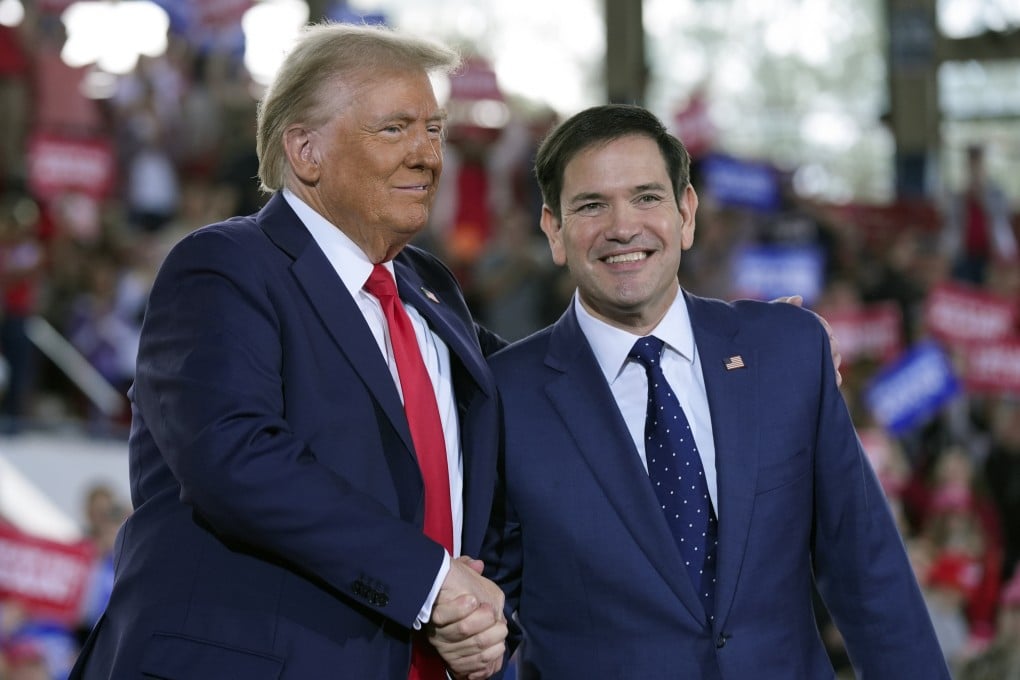Advertisement
Donald Trump’s choice of Marco Rubio as top US diplomat leaves Latin America bracing
Long-time outspoken China critic raises concerns in region he might press governments to choose sides between Washington and Beijing
Reading Time:7 minutes
Why you can trust SCMP
15

Igor Patrickin Rio de Janeiro
When Donald Trump emerged victorious from the US presidential election in November, some at Brazil’s Ministry of Foreign Affairs lamented the result but none professed surprise.
For months, officials and analysts linked to the ministry had prepared for the outcome, anticipating the former president was the favourite to win the White House. And the prevailing view was that any alarm was unwarranted, a senior diplomatic source said.
Many forecast that Trump’s Latin American agenda would likely focus on combating drug trafficking and illegal immigration, as it did during the president-elect’s first term. These issues, they said, can create friction but also allow for engagement on broader matters.
“That hope collapsed exactly eight days after the US elections with the announcement of Marco Rubio as secretary of state,” the diplomat said, referring to Trump’s choice of the Cuban-American senator to serve as the State Department’s first Hispanic leader.
“Our initial impression is that pragmatism in matters of trade or diplomacy could be affected by Rubio’s ideological leanings,” he added.
Assuming he is confirmed by the Senate after Trump takes office, which is all but assured given that Republicans will control the chamber, Rubio will oversee Washington’s relations with a region where China has made significant inroads, diplomatically and economically.
That has raised concerns by US officials including General Laura Richardson, head of the US Southern Command, that Beijing is undermining Washington’s interests in a region that is traditionally seen as within America’s sphere of influence.
Advertisement